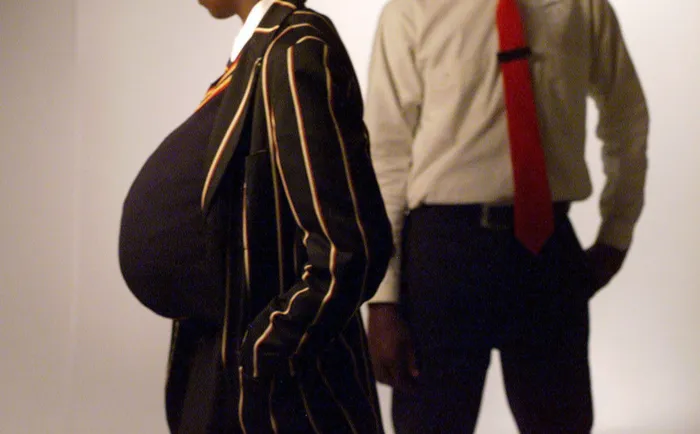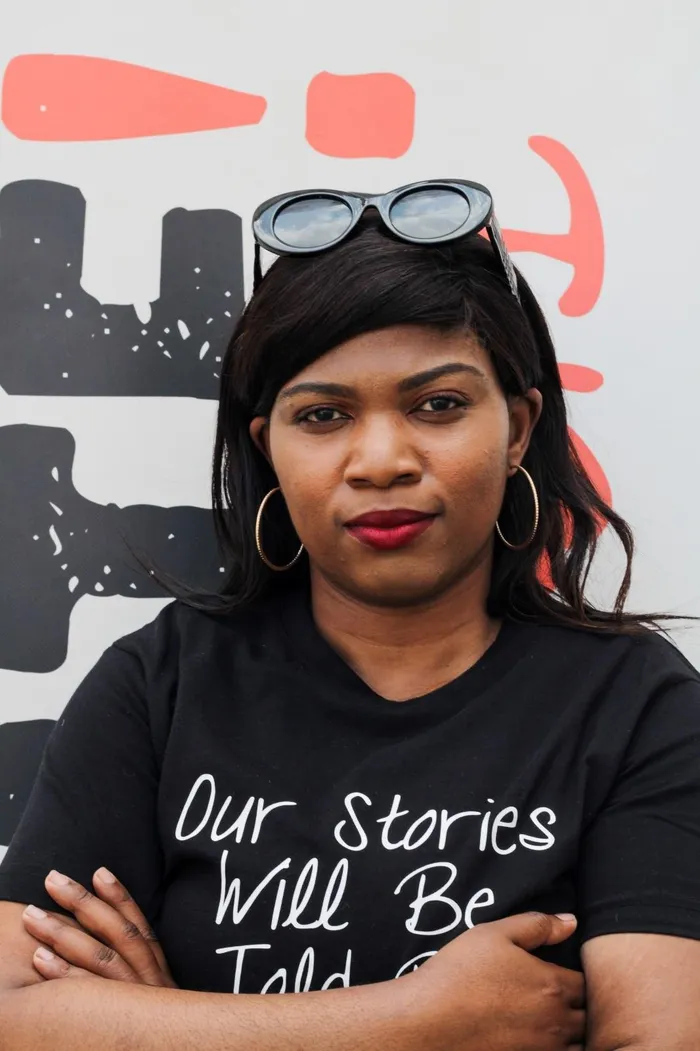
In 2024 alone, 68,813 births were recorded among teenagers. Of particular concern, 1,424 of these births were to girls between the ages of 10 and 14.
Image: Picture: Lebohang Mashiloane / Independent Media Archives
The South African community has become desensitised to the ongoing crisis of teenage pregnancy, despite alarming statistics.
In 2024 alone, 68,813 births were recorded among teenagers. Of particular concern, 1,424 of these births were to girls between the ages of 10 and 14. This means that, on average, nearly 365 adolescent girls give birth every day in South Africa, with approximately 10 of them being under the age of 15. These figures underscore the urgent need for renewed attention and action to address this societal challenge.
On Saturday, June 29, 2025, Africa Unite, in partnership with the Western Cape Government, Cape Town Museum, and the Gender-Based Violence and Femicide Response Fund, hosted a dialogue at Rosendaal High School in Delft, Cape Town.
This youth-led event focused on empowering learners by placing them at the centre of discussions about early parenthood. Unlike other discussions, this dialogue encouraged participants in breakaway commissions to openly discuss the causes of early parenthood and potential solutions.
The opening panel reflected that intention. It included Mafika Hadebe from the Department of Health and Wellness, Koketso Phumbu representing the GBVF Fund, Phelekwa Zinto, a social worker and peer educator from Africa Unite, and Onikayo Ngantweni, School Leadership Club Minister of Social Development. Their presence underscored the organisers' commitment to youth-led dialogue, not just youth-targeted interventions.
"We need to stop calling it a teenage pregnancy," said Hadebe to the packed hall. "I'm always comfortable with early parenthood. When we say early parenthood, it brings the boy child to the conversation."
Koketso from the GBVF Response Fund set the tone early. "What we are not seeing is that there is a level of misrepresentation of the issue," she said. "A 10-year-old is not a teenager; it's a child. We need to start counting the number of perpetrators of these crimes because these children do not impregnate themselves."
The Teenage Girls Commission echoed this sentiment: "When a child is younger than 16, it is rape, guys, it is rape. Even if the child said yes, I don't mind; it is rape at the end of the day."
Their report outlined how sexual violence intertwines with poverty. "You are in a relationship with someone because of money being involved," they explained. "In exchange for that new Jordan, you must have sex with this older man, taxi drivers, teachers, anybody in society."
Perhaps the most striking feedback came from the 'Teen Boys' Commission. "We are portrayed as villains sometimes, but it is not the truth," their representative said. "We are also suffering inside, but we cannot speak because society does not let us speak. We stay awake at night crying in secret because we cannot cry to our mothers and fathers."
They confronted toxic masculinity directly: "You get judged for maybe loving a woman gently, and they tell you that you're not a man if you haven't slept with women in your life. That is wrong."
Their plea was simple but profound: "Becoming a better man doesn't mean having money... It starts within. Have a heart."
Healthcare emerged as a place of judgment. The girls described clinic visits vividly: "If I went to a hospital and I asked for contraceptives, the nurse would look at me and be like, 'Oh, you want contraceptives,' you know, and that kind of look. And I would say, 'I'm asking for a friend' because we are very shy as females."
Rural areas face additional barriers. "They don't have facilities where they can get contraceptives... and also when they are pregnant, they do not have the facilities that can help them and also not be judgmental."

Aphelele Mtwecu
Image: Supplied
When moderators asked about Life Orientation as a subject, hands shot up to condemn it. "From grade seven, when we start life orientation, up to whenever it's the same thing that you're repeatedly learning," the girls reported. "That's why most people think LO is useless."
Student leader Onikayo Ngantweni said, "There is no reason to say you are not educated. As a grade three learner knows that having sex, you can be pregnant." However, she also criticised unequal access: "If something is disseminated in one school and 49 are excluded, then that execution essentially does not exist."
The "Government" Commission, a group of student leaders, has highlighted that current policies, some dating back to 1994, do not reflect the realities faced by today's youth.
The commission noted inconsistencies in South Africa's legal framework, citing examples like the age discrepancy for rape victims versus marriage. They also observed uneven policy application, particularly between affluent areas and townships.
Additionally, the commission discussed the impact of social media, where the glamorization of certain lifestyles can mislead young people. They proposed updating policies to leverage digital platforms rather than relying solely on government gazettes. They also advocated for equal accountability, suggesting that if a girl is suspended for pregnancy, the father should face similar consequences.
Finally, the commission emphasised the importance of honest and direct conversations with youth, urging adults to avoid sugarcoating the truth and acknowledge the challenges young people already face.
Aphelele Mtwecu is a content writer, activist, and creative. Her work centres on youth development, transformation, and social impact.